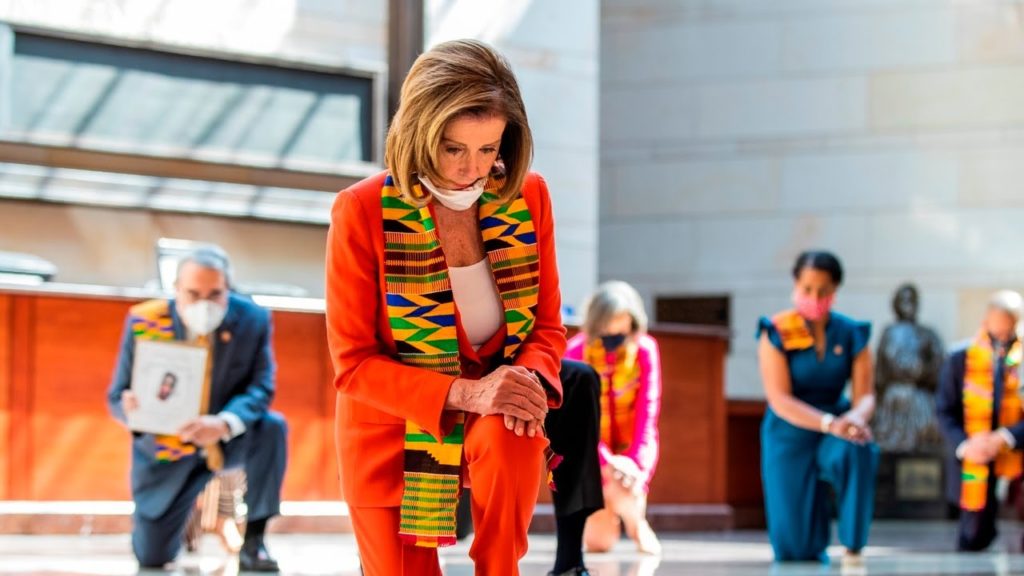The psychologist Jonathan Haidt once wrote that the “fundamental rule of political analysis from the point of psychology is, follow the sacredness, and around it is a ring of motivated ignorance.”
I’ve long thought that this explains most political debate, and via a Twitter mutual, another psychology paper confirms it: that when an empirical conclusion is likely to be true, but also points to something morally objectionable, people think that others should believe it less, even if it’s true.
Of course that’s all true, and our values dictate the way we see the world — but over the course of 2020 it appears that diverging moral visions have almost evolved into completely different realities.
To take the biggest issue in the English-speaking world, on the site today Louise Perry highlights the different ways that the Jacob Blake shooting has been framed.
Blake’s alleged crimes have been reported in places, but the average casual reader who gathered most of their news online would probably be unaware of the full story — as they would be with the details involving the Michael Brown shooting in Ferguson, the case which helped spark the Black Lives Matter movement.
At the heart of the BLM protests and the wider progressive movement is the goal of racial equality – not equality before the law, as was once fought for, but equality of outcomes, a dream no society has ever come close to achieving but which millions of Americans are now prepared to invest their money, hopes and country on.
One of the main obstacles to this goal, in the eyes of conservatives and other critics, is that American policing outcomes can’t be equalised while there is such a considerable gap in violent crime rates between black and white Americans. This is a brutally uncomfortable fact to raise but it is nonetheless a fact that black Americans commit murder at around eight times the white rate; there are therefore far higher rates of violent confrontations with the police (just as Asian-Americans are shot and imprisoned at a lower rate than whites, as not shown here).
But human psychology being what it is, if someone in a discussion or a media editorial meeting raised this point, the average human being would naturally think less of them, and question their motives. What kind of person would even take it upon themselves to find that information?
Conservatives have their own realities, of course — everyone does — but this issue is so sacred to the Left that, while only a relative minority are actually engaging in cult-like behaviour like publicly washing feet, a larger hinterland at least believe the faith’s broader claims. It’s why I’m no longer talking to white liberals about race, so to speak, because I’m not sure what we can achieve beyond accepting that we see the world in different ways, and leave it at that.











Join the discussion
Join like minded readers that support our journalism by becoming a paid subscriber
To join the discussion in the comments, become a paid subscriber.
Join like minded readers that support our journalism, read unlimited articles and enjoy other subscriber-only benefits.
Subscribe